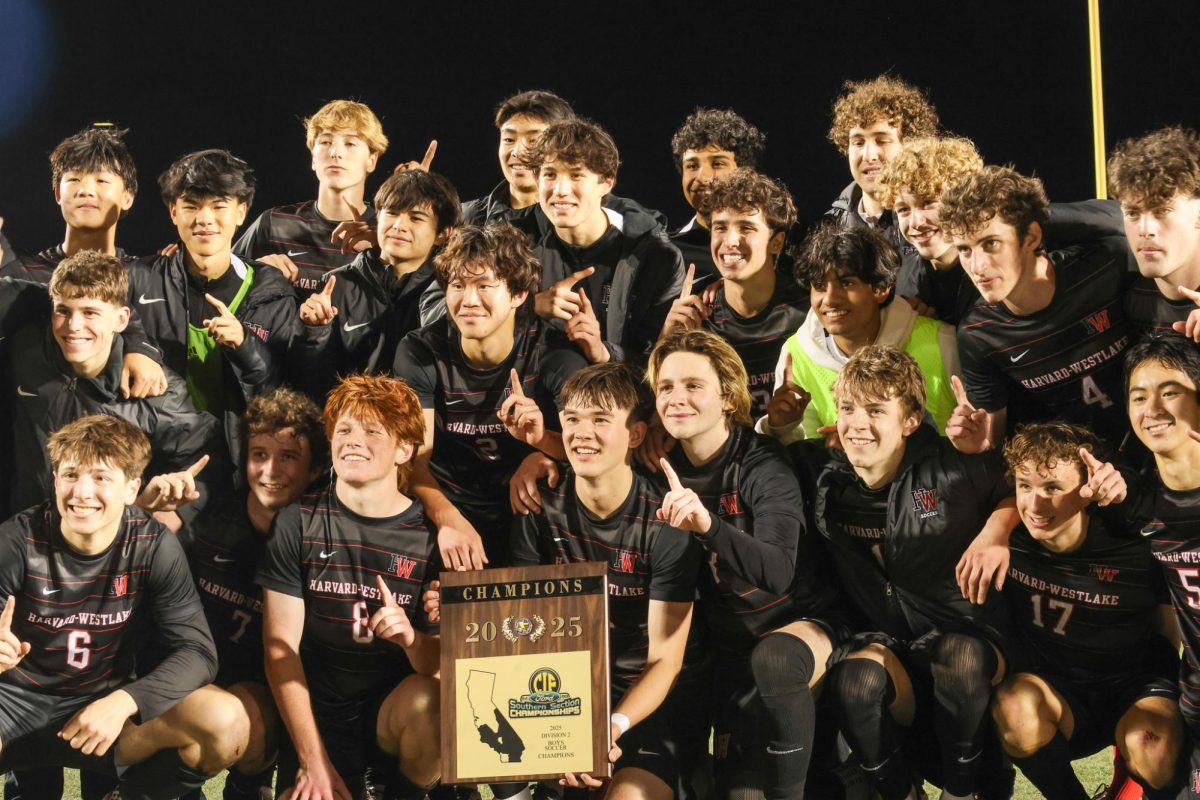The school’s admissions administration announced that incoming seventh graders will no longer be required to take the Independent School Entrance Examination (ISEE). Between stressful adjustments to new learning systems and COVID-19 related dangers in testing locations, the school has said this is the safest option for the 2020-2021 school year. There is no word on if this practice will continue for upcoming years.
Head of Upper School Beth Slattery reflected on the decision as an administrator as well as a parent for an applying sixth grader. She says that the experience of the Educational Records Bureau exams (ERBs) proctored in many private elementary schools give many students an edge. In turn, those unfamiliar with the format face a disadvantage.
“When my daughter started prepping for the ISEE, she had never seen a test like that before,” Slattery said. “She’s been in LAUSD her whole life. If you take those tests in context, they can have some value, but they favor a population of people that have been able to have preparation in their elementary school and then get prepped within an inch of their lives. That is not access that many of our applicants have, and so I’m sort of comfortable with the idea of moving away from tests that many of our kids are never going to have a chance to excel at, which has nothing to do with their ability to actually be successful at Harvard-Westlake.”
The change is appreciated by new students as well
John Thomas Dye (JTD) student and Harvard-Westlake sibling Kahala Faucher ’27 was relieved by the optional ISEE change. Faucher had scored well on the ERBs, and said she was thankful that both the school and JTD did not mandate send-ins.
“The ERBs are much less stress-inducing,” Faucher said. “You can’t really study for them and the result feels more natural. Although I am not completely aware of how middle schools look at the ISEEs, I feel as though the results aren’t as ‘natural.’ Everyone spends the entire summer studying the same things for the same test, which means that during the test you are only reciting what you memorized. It doesn’t show what you actually knew in the first place.”
Slattery’s reflection from an administrative standpoint fell in the same vein as Faucher. Slattery says she understands the situations in which the ISEE can be valuable for students, but, in such unprecedented times, does not see the need.
“If we go back to requiring the ISEE, I think we will try to place it in this very narrow context as a piece of information that can add some value but it should not be relied on so heavily,” Slattery said. “Schools that continue to use the SAT and ACT should use it as this tiny piece of data that may fill in the blanks but doesn’t really paint a picture of a student’s academic worth.”































